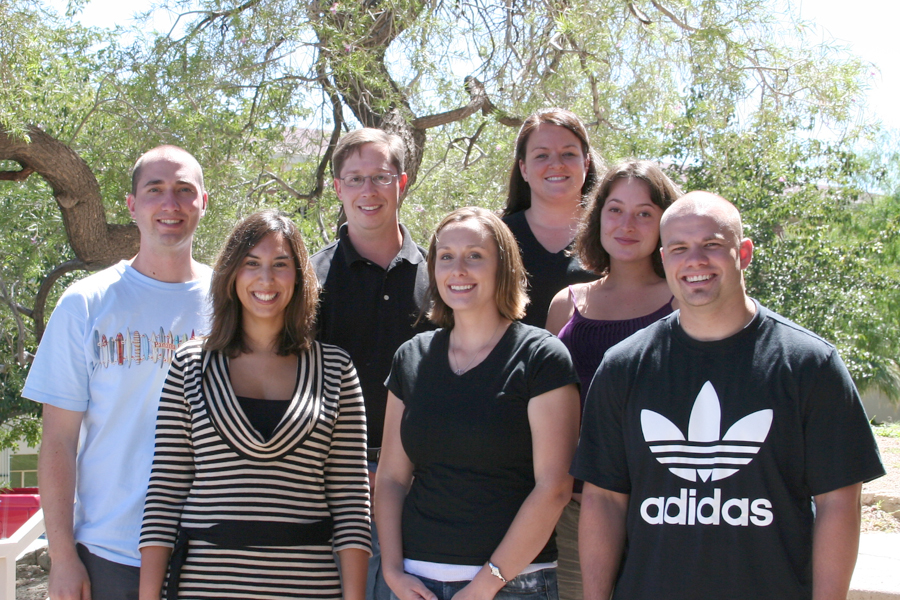
http://socialecology.uci.edu/faculty/scole
Simon A. Cole specializes in the historical and sociological study of the interaction between science, technology, law, and criminal justice.

http://socialecology.uci.edu/faculty/scole
Simon A. Cole specializes in the historical and sociological study of the interaction between science, technology, law, and criminal justice.
This is website I found that has ten experiments listed that the authors thought were the best of the best in psycholgy. It lists Milgram's infamous Obediance Experiment, as well as the Standford Prison Experiments. This was a fun website to read through and gather information on some of the many experiments conducted in psychology.
http://www.stumbleupon.com/su/6pwcm8/brainz.org/ten-most-revealing-psych-experiments/
 http://www.zimbardo.com/zimbardo.html
http://www.zimbardo.com/zimbardo.html General research interests include cognitive and metacognitive aspects of face recognition as well as applied aspects of face recognition such as eyewitness identification. Specific research projects include comparing simultaneous vs. sequential lineup administration, suggestibility of show-ups, developing computer software to facilitate lineup administration, examination of the cross-race effect, and the examination of the perceptual dimensions underlying face recognition.

http://psyc.queensu.ca/faculty/lindsay/lindsay.html
Adult eyewitness reliability, police procedures for obtaining eyewitness evidence, methods of obtaining superior evidence from eyewitnesses, and the effects of eyewitness evidence in court.
http://www.psych.ucr.edu/faculty/clark/index.html
My research is most broadly directed at questions about human memory:
How do we store information in memory?
How is that information represented?
How is that information retrieved?
How do we make decisions based on the imperfect information that we are able to retrieve from memory?
And how do we collaborate with other people in memory tasks?
Many of these questions are addressed within a research program that also seeks to understand the complications of eyewitness memory.

http://web.uct.ac.za/depts/psychology/plato/
Eyewitness Identification and Face Recognition
http://www.uccs.edu/~faculty/egreene/
Edie Greene is Professor of Psychology at the University of Colorado-Colorado Springs (UCCS). She received a BA in psychology from Stanford University, an MA in experimental psychology from the University of Colorado-Boulder, and a Ph.D. in psychology and law from the University of Washington. She has served as Fellow in Law and Psychology at Harvard Law School and as a faculty member of the National Judicial College.

http://socialecology.uci.edu/faculty/eloftus/
Elizabeth Loftus studies human memory. Her experiments reveal how memories can be changed by things that we are told. Facts, ideas, suggestions and other post-event information can modify our memories. The legal field, so reliant on memories, has been a significant application of the memory research. She is also interested in psychology and law, more generally.

Research at the investigative interviewing laboratory is conducted by Dr. Christian Meissner and his colleagues at the University of Texas at El Paso. Our research examines the social and cognitive psychological processes that underlie the interviewing of individuals in forensic settings.

http://web.mac.com/jwturtle/iWeb/Site/P.I.T..html
The Police Investigation Techniques (P.I.T.) lab addresses issues at the intersection of psychology research and criminal investigations. Our current interests involve eyewitness identification, investigative interviewing, and detection of deception.

http://www.le.ac.uk/pc/cap/hf49/
One line of Heather's research focuses on face processing in criminal identification lineups. The goal is to develop strategies for constructing lineups that minimize the rate of erroneous eyewitness identifications. In addition to laboratory research on lineups, Heather has conducted field and archival research studying the behavior of actual eyewitnesses in criminal cases prosecuted in the United States. Other recent lines of research include examining the role that victim characteristics play in the prosecution of rape cases, as well as determining the factors that affect decision making in the criminal justice system.

Roy Malpass's Lab
The Eyewitness Identification Research Laboratory in the Psychology Department at the University of Texas at El Paso (UTEP) focuses on research in eyewitness memory, eyewitness identification, expert testimony and many aspects of face recognition. The Laboratory offers instruction and research training for both graduate and undergraduate students.

This site provides a list of readings on psychology and law.
http://comp.uark.edu/~lampinen/read.htm
The Law and Psychology Lab is run by Dr. James Lampinen of the Psychology Department at the University of Arkansas. The lab conducts research and publishes articles on missing persons, protecting children from violence, false memories, eyewitness testimony, police interrogations, children's memory, jury decision making, and the relationship between states of consciousness and memory.
Recent Comments